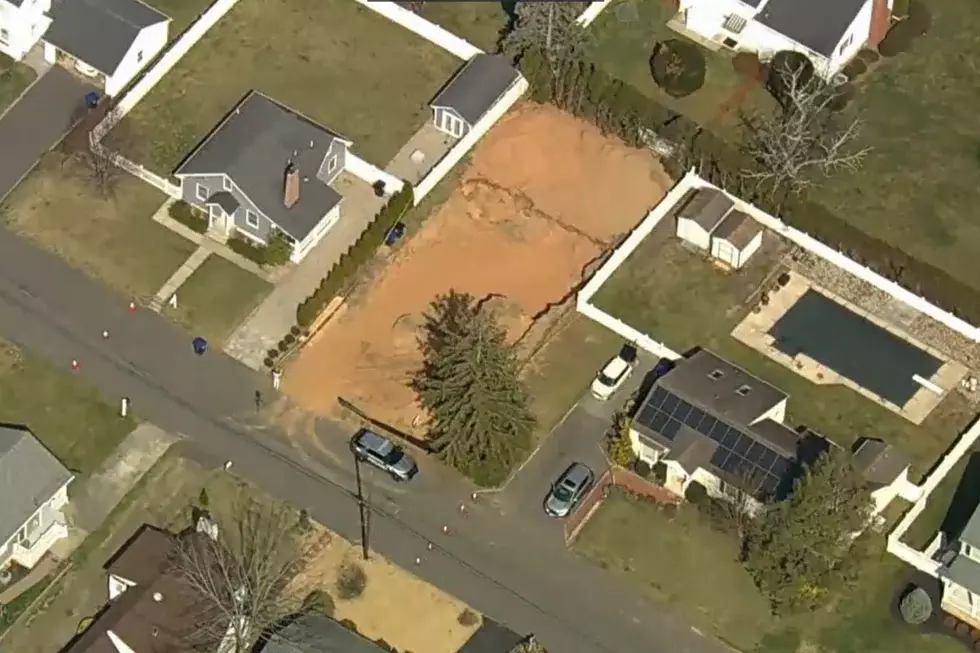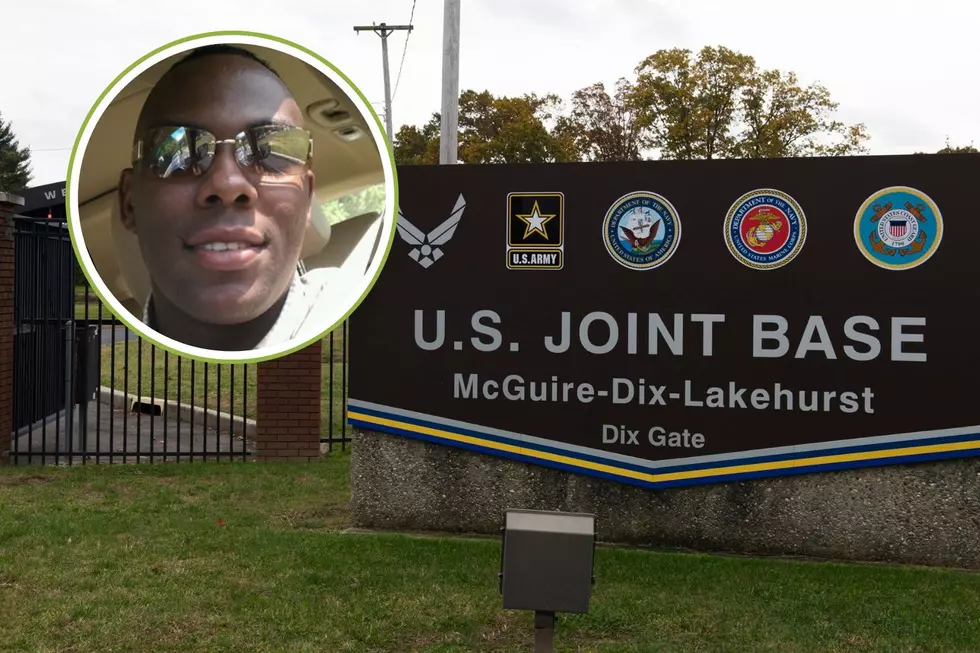Freehold told to pay for municipal employee’s medical marijuana
FREEHOLD TOWNSHIP — A New Jersey worker's compensation judge has ordered this municipality to cover the cost of a municipal employee's medical marijuana, saying that the federally banned weed is safer than prescription pain killers.
This is not the first time the New Jersey workers compensation court has ordered an employer to provide such benefits, but the worker's attorney, Leonard Weiss, said he was not personally aware of such an order being given to a municipality.
The decision comes as New Jersey appears to be moving closer to legalizing recreational use of marijuana — an issue that Democratic Gov. Phil Murphy campaigned in favor. New Jersey is one of 30 states with medical marijuana laws. Nine states have legalized its recreational use. But because marijuana remains illegal under federal law, federal prosecutors can still press charges against drug users and distributors in these states. Banks also have been reluctant to do business with legal marijuana dispensaries out of fear of running afoul of federal regulations.
The township worker, Steven McNeary, is currently out of work due to a work-related back injury. He is receiving temporary disability benefits from the employer, leading to a reduction in his income.
“It was important to get an order to compel the municipality to pay for these benefits for him so that he doesn’t have to shoulder that any longer,” Weiss told New Jersey 101.5 this week.
After McNeary was first injured in 2007 and again in 2008, he underwent multiple surgeries under the care of a pain management physician authorized by the municipality. The physician prescribed opiates, which the worker took over a period of years, building up a tolerance to the drugs. He and his physician agreed it was best to get off the opiates, and the physician referred him to New Jersey’s medical marijuana program, according to Weiss.
Freehold Township argued that because marijuana is illegal under federal law, a state municipality should not be compelled to provide it. As a counterargument, Weiss cited New Jersey statute 24:61-2D: “New Jersey is not required to enforce federal law. Compliance with the act does not put New Jersey in violation of federal law,” according to the transcript of the hearing.
Although Judge Lionel Simon rejected this argument from Weiss, saying “I don't think that any New Jersey statute can say that [it] supersedes federal law," he ruled in favor of McNeary. He said he didn't believe an employer, even a municipality, who covers the cost of an employee’s medical marijuana "is in any way complicit with the distribution of illicit narcotics."
He added that his decision was also in the interest of McNeary’s health, stating his belief that opioids are far more deadly than medical marijuana.
“If there's anything criminal here, it's how these drugs have been force fed to injured people creating addicts," the transcript, which was made public this week by open-government advocate John Paff, quoted him as saying. "I think it's time for us, as the Division of Compensation, to try to get away from these opioids which are killing people and I don't say that lightly. They are killing people.”
Weiss said it is still possible the municipality will appeal the order. If Freehold Township abides by the order, Weiss told New Jersey 101.5 that he predicted the decision would not only benefit his client but also had the potential to set a precedent.
“At least in theory, it’s going to make a difference to other workers who are employed by a governmental entity, who are in a similar situation: being badly injured on the job, in need of medical marijuana as a replacement for opioids,” Weiss told New Jersey 101.5.
But Weiss said he is doubtful the impact will be far-reaching enough to impact national marijuana legislation.
“Ultimately the federal government probably isn’t going to care what the finding of the New Jersey legislature was,” he said.
Also on New Jersey 101.5:
More From New Jersey 101.5 FM









